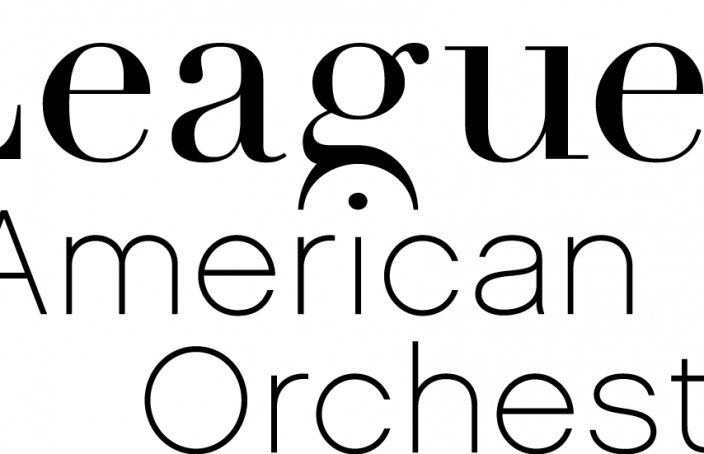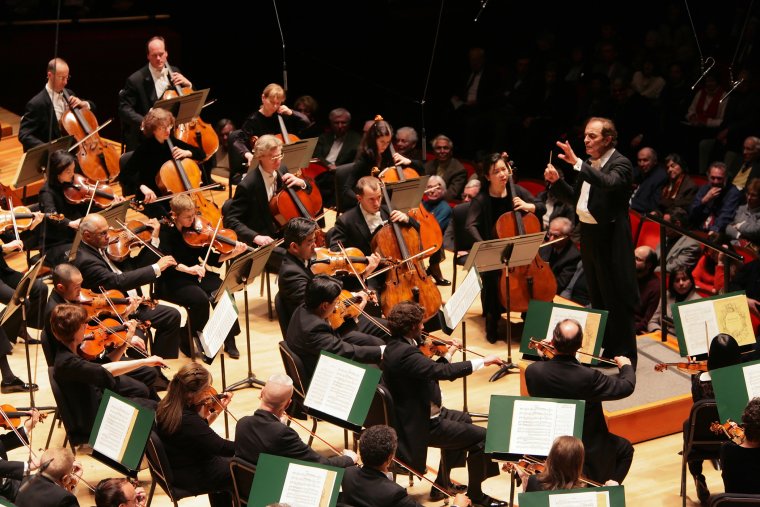The League’s Five-Year Strategic Plan
The League of American Orchestras recently announced their new five-year strategic plan. You can read an executive summary, an abridged version, or the entire plan by clicking here. The summary begins with a quote from Jesse Rosen, President & CEO: This plan was developed in a moment of great possibility. It builds on the momentum[…]
Read More






No comments yet.
Add your comment